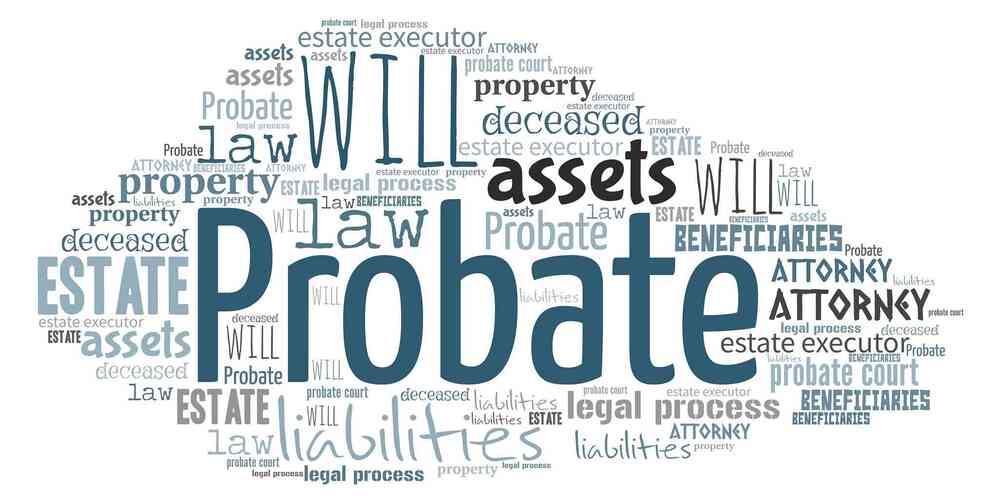
Probate constitutes the procedure carried out when a deceased individual leaves behind assets for distribution, encompassing items like bank accounts, real estate, and financial investments. It involves the overall management of a departed person's will or the estate of an individual who passed away intestate.
Typically, an executor is designated in the will, or in the absence of a will, an administrator is appointed to oversee the probate process. This task entails gathering the deceased person's assets, settling any outstanding debts related to their estate, and subsequently disbursing the assets to rightful beneficiaries.
Probate involves the evaluation and management of estate assets that were previously owned by an individual who has passed away. When a property owner deceases, their assets are commonly subjected to assessment within a probate court. This judicial body renders the final decision regarding the allocation and dispersal of these assets to designated beneficiaries. The probate process typically commences by determining whether the deceased individual had executed a valid will.
In many instances, the deceased individual has created documentation that outlines directives for the distribution of their assets posthumously. However, there are instances wherein no will was left behind by the deceased. Below, we have outlined the distinct circumstances that arise in both scenarios.
